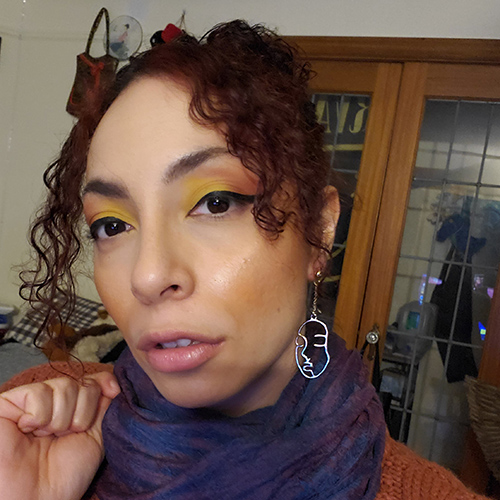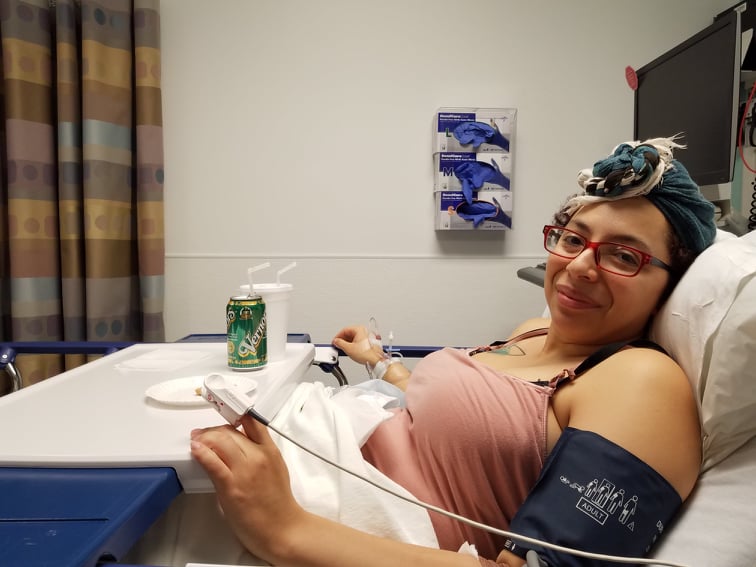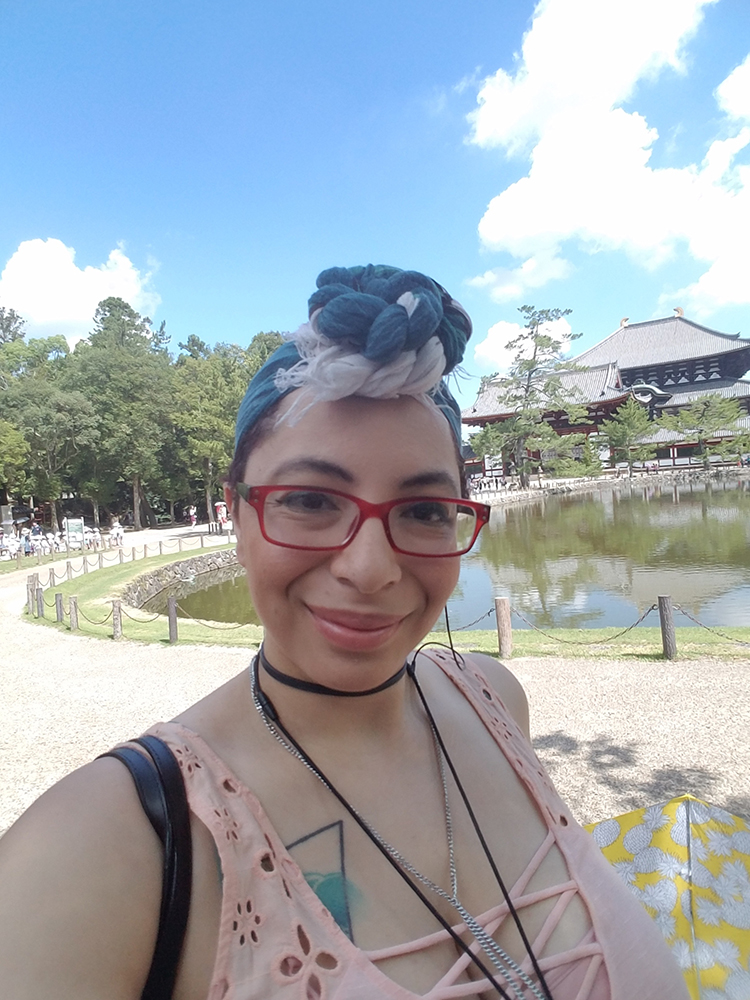
Jasmine Lomax (she/her/hers)
Seattle, WA
It’s June 2018, and I’m on a quest for sterilization. Information about sterilization is like sacred text. I need to be prepared to fight, insist, again and again, about why I need to do this. So, I’ve armed myself with facts.
Fact: sterilization is the most common form of birth control for couples.
Fact: every year, roughly seven-hundred thousand women will undergo the sterilization procedure.
Or, so-called fact: if a woman is 21 and of sane mind to consent, getting sterilized is (supposed) to be as easy as ordering pizza.
This is not the tale I’ve heard. I’ve heard stories of patronizing doctors and disparaging loved ones float about on the childfree corner of the internet. I hear about obstacles, providers turning down patients for the voluntary procedure if they are childfree because they fear the patient will “regret” their decision.
So I prepare myself with facts. I also prepare myself mentally– and emotionally. I tell myself that I have so many good reasons, that it’s okay if I don’t get a “yes” the first time, as long as the answer is “yes” in the end.
On the day of my consultation, the ease with which my doctor utters “yes” stuns me more than any convoluted “no” I could’ve gotten. All it takes is a one-minute speech. Her willingness to do it is so swift, and I leave the appointment and wander downtown with my thoughts as quiet as the sun’s hum on the buildings. For years, I’ve wanted to excise my tubes. Now I’m only ninety days from achieving one of my goals, and I feel stupefied by how unquestioning the doctor is.
Days later, the shock melts. I begin to wonder: “Was the ease with which I was able to explain to my doctor why I wanted sterilization befitted by my appearance as a light-skinned Black woman?” I remember the stories my darker-skinned girlfriends have told me, the ones where casual racism and the history of forced sterilization intersect. The shadow of America’s eugenics movement continues to haunt like an ignored specter, visible and unaddressed. It’s not hard to believe anything less than a benign white woman operates out of these shadowed beliefs, however subconscious, just as it is to doubt if my choice to sterilize is truly my own.
***
Before the consultation, my story is cut and dry: I do not want children. No, I did not have some tragic accident or get forced into taking care of my siblings. Children never did me no harm. I just do not want to be a mother.
Adults in my life have made the mistake of thinking otherwise, but they never succeed. Out of spite, I steer clear of baby dolls in the toy aisle. I do not and will not see the rare instance of a new infant in my extended family as a blessing. At the occasional prompting of, “What a good mother you’d be!” I bristle, unresponsive to the insistence that I’ll “cave” to some unspoken urge. But I know I can trust my body, and so I do.
***
I face my reckoning in the sterile, white-polished patient room. Twenty-four years of unchallenged faith in my ability to decide about what to do with the future of my body evaporates under the lights, just like that.

For the rest of the summer, I nurse doubt. Whether I’m at work or in the middle of a trip to Japan, the second-guessing persists. I force myself to listen to the voice of every conservative family member I have and every right-wing pundit on Fox News that I can remember. “Did I really make the right decision? Maybe I’ll regret it. Look at me. I can’t trust myself to make a life-changing and irreversible decision so young!”
When I can’t rouse myself into being “concerned” through the logic of others, I start to use every child that passes me on the streets as a litmus test: I’ll witness this toddler or that infant and ask myself again if this is what I want to turn down. “Look at what joy I might be denying myself!” The intimacy of a little one swaddled to me could be mine if I call the clinic back. The fulfillment of using my body to bring new life into the world is not yet gone.
***

I don’t end up changing my mind. I’m not seized by some insightful flash about how I’ve always wanted to be a mother, that for my entire life, I’ve been lying to myself about it. The only difference between me before and me after is that I now recognize my choice as a Black, childfree woman is cast in a long shadow.
I’m fortunate that I can make a choice despite how my ancestors, past and present, could not and cannot. Denying myself the right to a choice just because somebody else doesn’t have it is not pious. Isn’t it better that I chose to commit to my tubal removal? That I get to choose to go under the knife because I know it will affirm my truth in ways birth control cannot?
Getting sterilized ended up being everything I wanted it to be. In choosing to honor my body, I choose life itself. The intimacy I share with my partners now, knowing that I don’t have the weight of an unwanted pregnancy lurking above, has only ever improved. No longer will I dissociate in my partners’ arms. Instead, I get to enjoy the feel of their skin on mine or how we fit together. I have also since enjoyed the ability to travel without much forethought, to pick up and put down hobbies as I experiment with my identity, and to quit and start over in my life whenever I need to, all things I know can be harder when worrying about young ones.
In the end, my choice is mine.
And mine alone.

No comment yet, add your voice below!